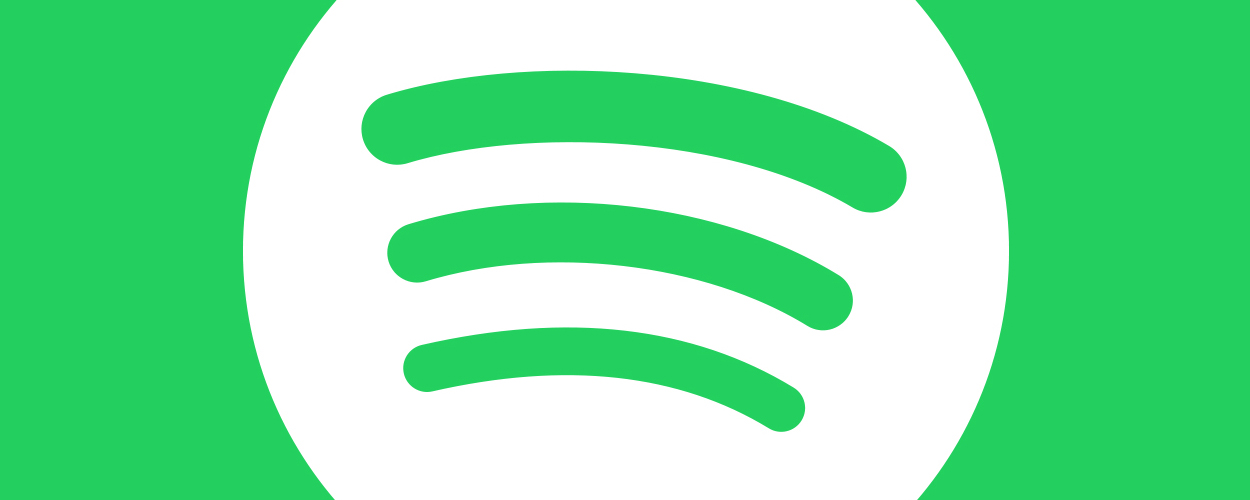This website uses cookies so that we can provide you with the best user experience possible. Cookie information is stored in your browser and performs functions such as recognising you when you return to our website and helping our team to understand which sections of the website you find most interesting and useful.
Business News Labels & Publishers Top Stories
NMPA responds to Spotify’s “spin” and “falsehoods” in mechanical royalties spat
By Chris Cooke | Published on Wednesday 13 March 2019

The National Music Publishers Association in the US has released its promised response to Spotify’s blog post about the ongoing mechanical royalty rate spat. The music industry group accuses the streaming firm of trying to distract songwriters with misleading technicalities to obscure the fact it just doesn’t want to pay them any more money.
Spotify, Amazon, Google and Pandora are all appealing the US Copyright Royalty Board’s recent decision regarding what rate streaming services should pay to music publishers and songwriters under the compulsory licence that covers mechanical rights Stateside. The CRB ruled that the top line revenue share rate should ultimately increase from 10.5% to 15.1%.
In many other countries streaming services secure licences covering the song rights they exploit by negotiating deals directly with music publishers and collecting societies.
In the decade that on-demand streaming has been properly up and running, the revenue share rate secured under those deals has generally increased, with some publishers already on a 15% revenue share. So arguably the CRB ruling simply brings the compulsory licence rates in line with those secured elsewhere on the open market.
Perhaps with that in mind, Spotify insisted in a blog post on Monday that – although it is appealing the CRB’s decision – it doesn’t object to the overall increase in revenues allocated to the song rights. But, it said, it had problems with other elements of the CRB amended compulsory licence, such as the fact it doesn’t include video or lyric rights, and it doesn’t offer any flexibility for when it bundles its music services in with other products.
The NMPA, which has been scathing of Spotify’s decision to appeal the CRB decision, is similarly scathing about the streaming firm’s blog post. In its response yesterday, the trade group said that Spotify’s appeal was about reducing or eliminating the royalty rate increase for songwriters. “Everything else”, it added, “including Spotify’s attempt to describe its filing as ‘clarifying elements’ of a ruling, is misleading spin”.
Countering Spotify’s insistence that it basically supported the rate increase to 15.1%, the NMPA points out that that’s not what the streaming service said during the hearings that preceded the CRB’s ruling. It writes: “Spotify actually proposed a reduction from the old rates. If Spotify thinks songwriters deserve to be paid more, and it’s just a question of by how much and how best to achieve that goal, why did it propose to the CRB to cut what songwriters earn?”
“Spotify claims songwriters deserve to be paid more”, the NMPA’s missive goes on, “but Spotify fought in the CRB to cut rates, and now Spotify is fighting in an appeal to prevent the rate increase ordered by the CRB. Spotify should understand that actions speak louder than words. There is no way to spin this, Spotify”.
The streaming firm’s argument that its main concern is that the 15.1% rate doesn’t include video and lyric rights is just a distraction tactic, the NMPA then argues, because those rights aren’t covered by the compulsory licence for which the CRB sets the rates. Which is true.
Though the compulsory licence doesn’t cover the performing rights in songs either, which streaming services exploit alongside the mechanical rights. However, the compulsory licence recognises that fact and basically deducts royalties paid elsewhere for the performing rights from the 15.1% figure. Presumably Spotify would like it to do something similar for the other uses of the song rights that streaming service’s must secure licences for.
But, says the NMPA, “if Spotify wants the video and lyric rights of songwriters, Spotify knows it has to negotiate for those rights in a free market, on top of the [compulsory licence] rate. What Spotify is saying is that it doesn’t want to pay any more for your lyric or video rights, even though every other digital service must do just that. No one should be fooled by this smokescreen”.
As for seeking flexibility on bundles, the NMPA argues that what Spotify is arguing for could allow the streaming firm to bundle its service with other products, put the value of the music in those bundles at zero, and then pay songwriters and publishers 15.1% of zero. Which isn’t what Spotify is proposing, but streaming services reducing the average income per user through offers and bundles – and the impact that can have on royalty payments – has been a big talking point among music rights owners in recent years.
Concluding, the NMPA’s blog response confirms what we already knew, that the publisher group plans to be forthright and outspoken in its battle against those streaming firms seeking to appeal the CRB ruling, and Spotify in particular. It concludes: “What can we expect from Spotify? We can expect them to attack songwriters to cut what it pays them, and then try to deceive you about what it is doing. Yes – Spotify’s mission is clear. And for songwriters, and those who care about songwriters, our mission is clear too. This fight has just started”.





